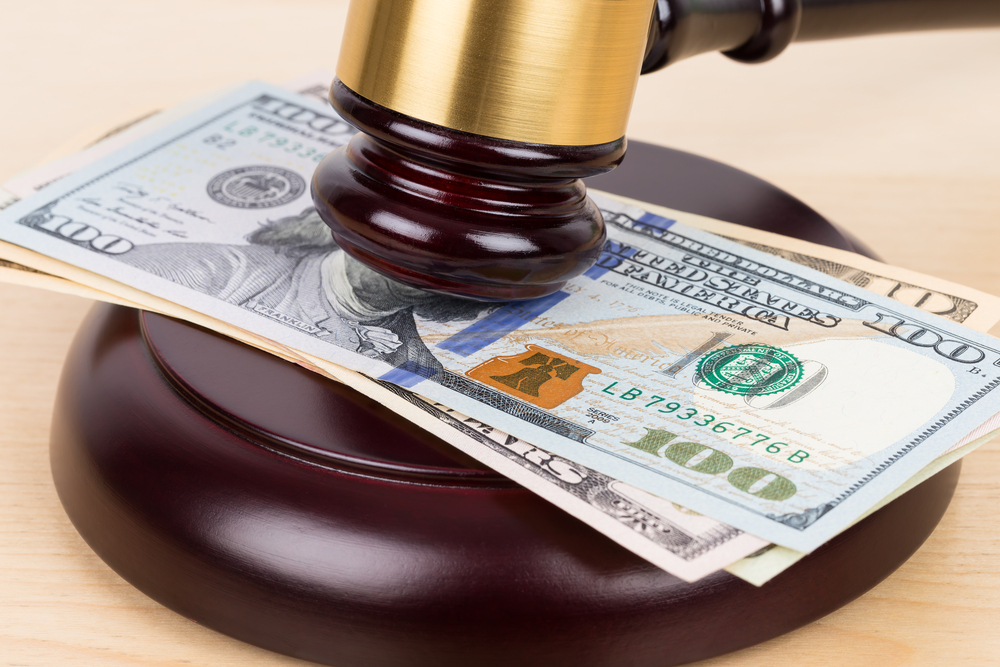Relief for Local Governments and Taxpayers: Court Limits Attorneys’ Fees Under Sunshine Law
Relief for Local Governments and Taxpayers: Court Limits Attorneys’ Fees Under Sunshine Law
Section 119, Florida Statutes, called the “Sunshine Law”, was designed to hold government accountable and make the decision-making process transparent and accessible to taxpayers. In furtherance of that goal, government agencies are responsible for responding to public records requests and may have to pay attorneys’ fees if a court rules they have failed to properly and timely comply with a request.
Section 119.12 states that if the plaintiff was unlawfully denied public records, the court shall “assess and award . . . the reasonable costs of enforcement including reasonable attorneys’ fees.” It is up to the court to determine the reasonable costs of enforcement. The law is ambiguous as to whether a plaintiff should recover the attorney’s fees expended not only during the initial dispute, but throughout the litigation over the fees. The answer to this question decides whether a party has to pay additional fees which may be thousands of dollars.
According to the Florida Fourth District Court of Appeals, reasonable costs do not include attorney’s fees for litigating the amount of fees owed or any fees attributed to non-testifying associates of an attorney fee expert. O’Boyle v. Town of Gulf Stream, 47 Fla. L. Weekly D1169b (Fla. 4th DCA June 1, 2022).
In its opinion, the court broke down attorney’s fees into three categories; first, “time spent litigating the case on its merits”; second, “time spent litigating entitlement to attorney’s fees”; and third, “time spent litigating the amount of attorney’s fees” (“fees for fees”). O’Boyle, 47 Fla. L. Weekly D1169b. Historically, Florida courts have not permitted awards of fees for fees, which would only benefit the prevailing party’s attorney. State Farm Fire & Casualty Co. v. Palma, 629 So. 2d 830, 833 (Fla. 1993).
Relying on this general rule adopted by Florida courts for the last few decades, the Fourth District declined to allow an award of fees for fees under section 119.12. The court was heavily persuaded by the principle of legislative inaction. O’Boyle, 47 Fla. L. Weekly D1169b. The Florida Legislature has not acted on the issue of fees for fees under section 119 since courts began to enforce a general rule against the allowance of fees for fees. Thus, this legislative inaction weighs against construing the statute as authorizing fees for fees. Id. Additionally, the court opined that allowing attorneys to recover fees for litigation over attorney’s fees would not further deter noncompliance with public records requests. Id. Instead, it would increase needless litigation. Id.
The court provided further relief by holding that fees for non-testifying associates of attorney fee experts are also not allowed. Id. Costs are only taxable when authorized by statute or rule, and there is no authority which permits an award for a non-testifying associate’s fees. Id. Thus, the court quickly dismissed any argument that fees from a non-testifying associate of an attorney fee expert are recoverable. Id.
Overall, the decision was grounded in the text of section 119, legislative intent, and the history of public records litigation. The Fourth District’s opinion is good news for government agencies, localities, and, ultimately, for taxpayers. The government is not responsible for fees expended by a plaintiff during litigation over the amount of attorney’s fees owed.
This article was co-written by Ella Biggins, a summer associate with RumbergerKirk who is a Juris Doctorate student at Florida State University College of Law.







